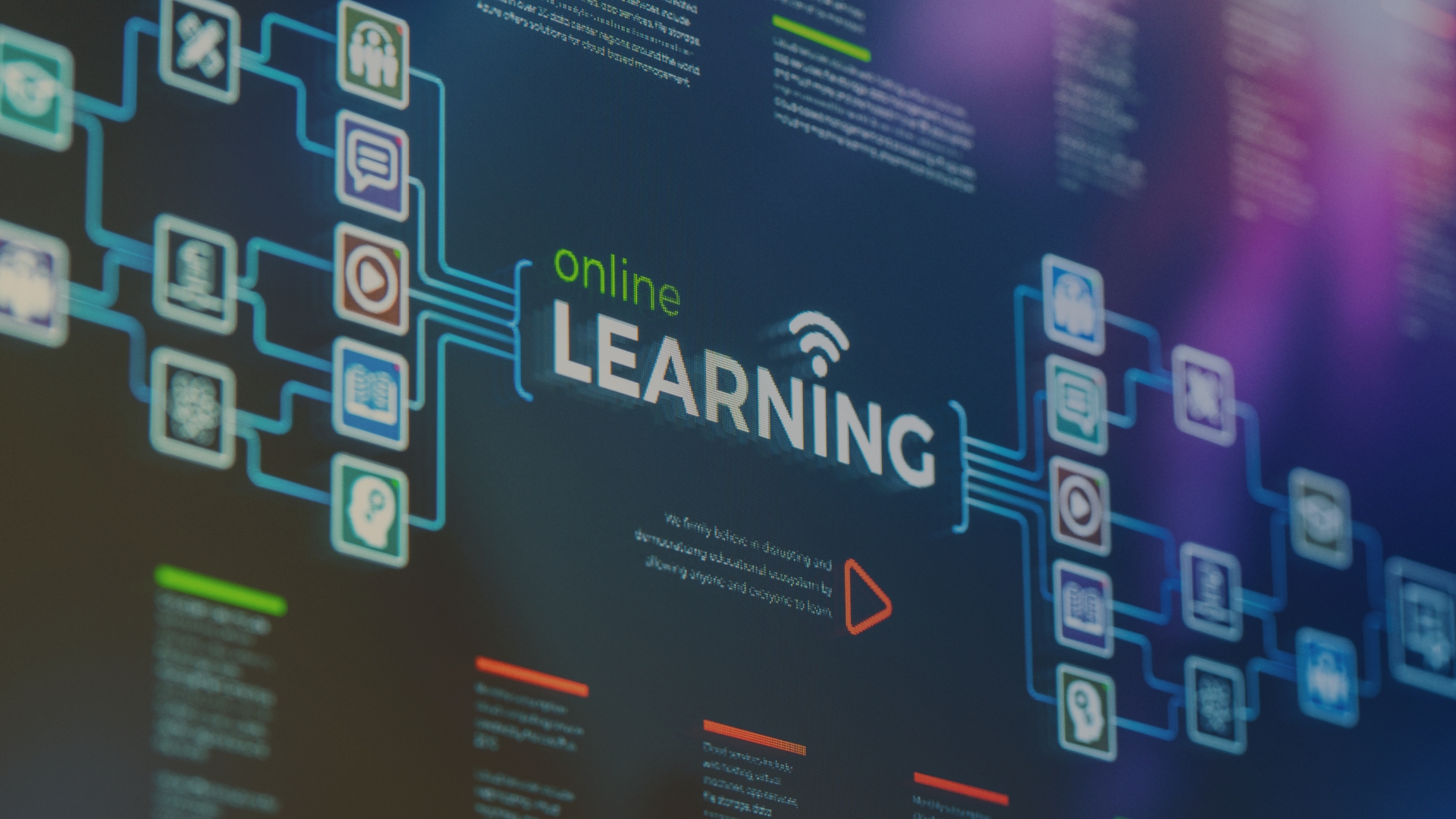
Master New Skills from Anywhere: The Rise of E-Learning
In today’s fast-paced, tech-driven world, the ability to learn and adapt is crucial. Traditional education often struggles to meet the demands of modern learners. E-learning, however, offers a flexible, accessible solution for acquiring new skills, making it a key tool for personal and professional growth.
The Evolution of Learning
E-learning began in the late 20th century and grew rapidly with the digital revolution. Platforms like Coursera and Udemy made quality education accessible to anyone with an internet connection. The COVID-19 pandemic accelerated this shift, demonstrating the versatility and effectiveness of online learning.
E-Learning’s Role in Skill Development
-
Diverse Courses
E-learning offers a wide range of subjects, from coding to leadership, catering to both personal enrichment and career development. -
Microlearning
Short, focused lessons allow learners to acquire specific skills quickly, making learning manageable for busy schedules. -
Expert Insights
Courses taught by industry professionals offer practical, real-world knowledge that enriches the learning experience. -
Global Access
E-learning transcends geographical barriers, providing equal learning opportunities, whether in urban or remote areas.
The Convenience of Learning Anywhere
-
Asynchronous Learning
Learn at your own pace, free from rigid schedules, offering flexibility for diverse lifestyles. -
Mobile Learning
Smartphone-friendly platforms allow learners to study on the go, maximising time efficiency. -
Customised Learning Paths
Algorithms recommend personalised courses, optimising the learning journey based on individual needs.
Technology Empowering E-Learning
-
AI
AI adapts learning content to suit individual progress, ensuring a personalised experience. -
Gamification
Quizzes, badges, and leaderboards make learning engaging and interactive, promoting participation. -
VR & AR
Immersive technologies provide hands-on learning in fields like healthcare, enhancing skills without real-world risks. -
Blockchain
Blockchain secures academic credentials, simplifying qualification verification.
Benefits of E-Learning for Different Groups
-
For Professionals
E-learning helps professionals upskill or reskill without disrupting their careers. -
For Students
Students can supplement formal education, explore new subjects, or prepare for exams. -
For Entrepreneurs
Aspiring business owners can learn essential skills like marketing and finance to grow their ventures.
Future Trends in E-Learning
-
Blended Learning
Hybrid models combining online and in-person learning offer flexibility and interaction. -
Lifelong Learning
E-learning encourages continuous learning throughout life, fostering personal growth. -
Corporate E-Learning
Companies invest in e-learning to keep employees competitive in fast-evolving industries. -
Social Learning
Collaborative tools like discussion forums foster peer-to-peer learning and idea exchange.
Start your journey today and experience the transformative power of learning anywhere.












